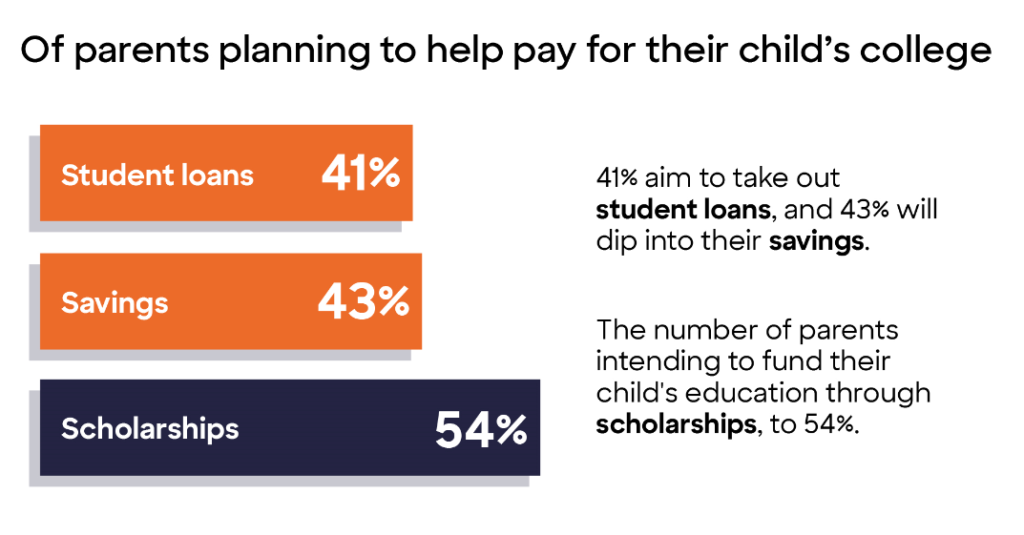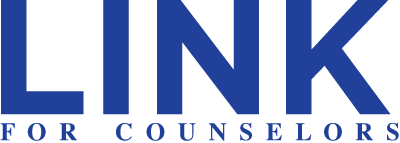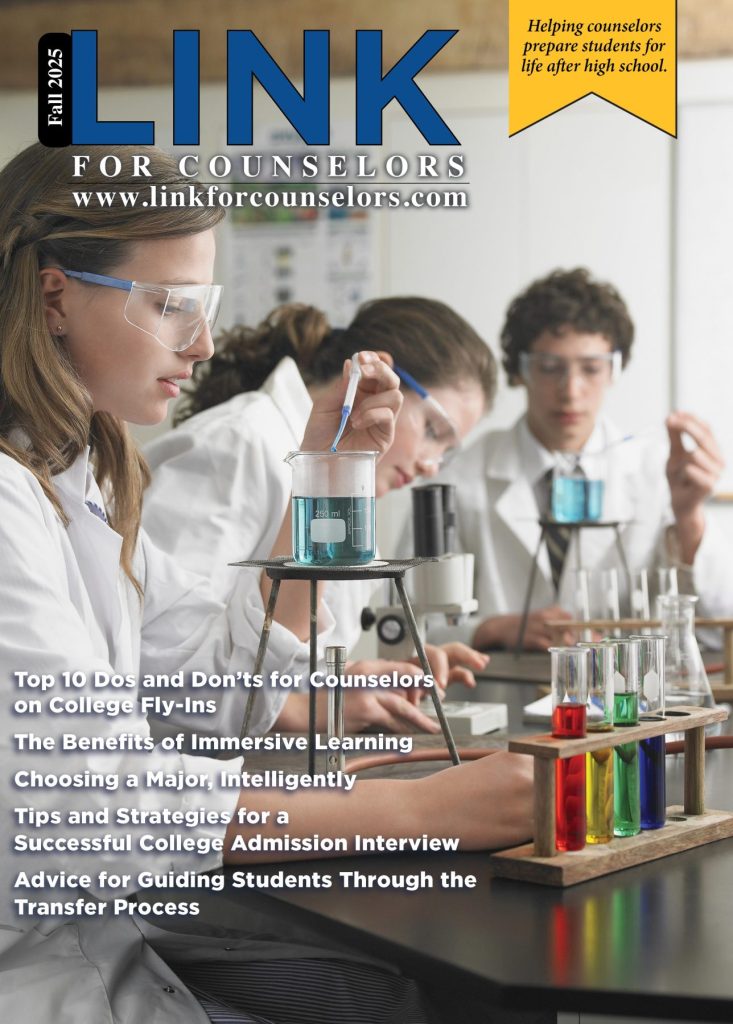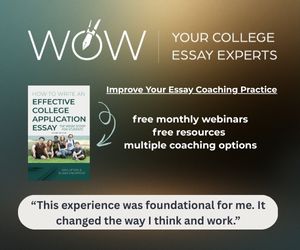As a school counselor, there’s no doubt that you’ve dealt with stressful situations that test your patience. Being a school counselor can be tough, and it’s not for everyone. But those who have chosen the school counselor career path typically stick to it for one profound reason: school counselors can have a lasting positive impact on the lives of others.
Students have always had a variety of needs, and school counselors help them overcome challenges and correct behaviors in meaningful and lasting ways. Unfortunately, in recent decades, these needs have proliferated at a worrying rate, with higher rates of students experiencing a slew of negative mental health experiences. This being the case, the need for school counselors has never been greater.
Though the job can be trying at times, having clarity about the extensive impact you can have on students’ lives can make being a school counselor easier and more fulfilling.
How School Counselors Impact Students
School counselors can help students in innumerable impactful ways. Understanding just how profound your impact can be on a student’s life can help you reach your true potential as a school counselor and bring a standard of excellence to work with you each and every day.
Helping Students Overcome Personal Challenges
Though schools often do their best to meet the needs of every student, there are times when some students slip through the cracks. Whether it’s a tumultuous home life or negative feelings, some students are unable to process certain experiences healthily, and as a result, end up acting out in school.
Though punishment is the typical reaction of a school to this sort of disorderly behavior, counselors can aid students in overcoming root challenges and becoming better students and human beings.
Oftentimes, feeling like someone understands your struggles and is rooting for you can make a world of difference. By talking through personal challenges with students, school counselors can help these individuals both understand the cause behind their disorderly behavior and help them correct it.
In addition, as a school counselor, you can connect certain students with other resources that they need, such as therapy to work through trauma or extracurricular activities to provide them with more structure.
Though it may only be a couple of minutes a week of your time, your attention as a school counselor could potentially change a student’s life. By helping students overcome personal challenges, you may in fact change the course of their lives and help them find success and happiness in a way they wouldn’t be equipped to without your help.
Helping Students Reach Their True Potential
In some cases, students aren’t reaching their full potential in terms of behavior or academics. As a school counselor, you have the power to change this. By taking time to help students work harder — or smarter — in certain areas, you can help them get closer to exploring their full potential and finding the systems and habits that will help them reach success.
Some students clearly display intelligence, though don’t apply themselves consistently. As a result, they don’t receive good grades. This can have a slew of negative consequences that affect their future. One way this happens is through self-identification.
By consistently receiving bad grades, a student may begin to believe that they lack intelligence and aren’t capable of academic excellence. In addition to this, though grades may not be of the utmost importance in elementary school, they will become important in high school. As such, a foundation of not applying oneself could cost one admittance to a dream college.
As a counselor, you have the power to help students that display behaviors like this correct them before the consequences affect their lives in a profoundly negative manner. By helping students develop helpful habits, and understand that they are capable of excellence, you could potentially change the trajectory of their lives and help them in pursuing successful careers.
Helping Students Find the Support They Need
Unfortunately, not all students experience support outside of school. Whether it’s due to parents working too much, having addiction problems, or being absent, some students have no one in their corner to help them or make them feel secure. As a school counselor, you can help these students find support and feel less alone.
Students who feel unsupported may begin to feel less motivated to pursue excellence in any field, whether that be in academics, sports, or pursuing a passion. As such, it becomes obvious just how impactful some form of support can be on these individuals’ lives.
As a school counselor, you can take some extra time to work with these students to ensure that they feel supported. By working more closely with students in need, You have the power to change a student’s life and help provide them with the motivation to chase success and feel supported while doing so.
Make a Lasting Impact
Whether you’re currently working as a school counselor or thinking about pursuing it as a career, it’s important to be aware of the overwhelmingly positive impact that you can have on the lives of others as a school counselor. From providing support to helping students reach their full potential, you have the power to help individuals make better choices and potentially live a much happier and fulfilling life because of it. Helping others is an admirable act in every form, but as a school counselor, you can help individuals in lasting and impactful ways that keep on affecting them in a positive manner for the rest of their lives.














